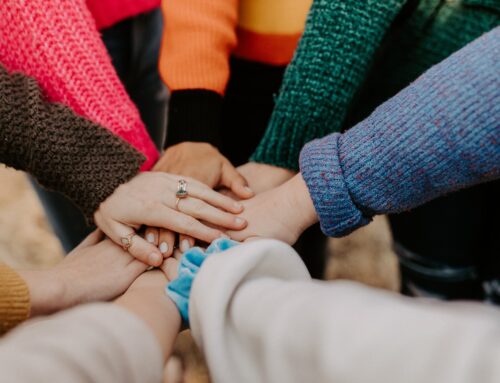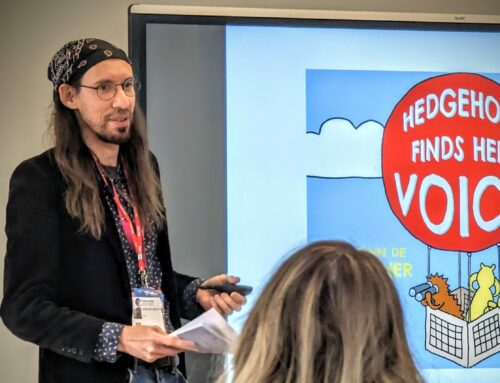It’s likely that we’ve all been in situations where we have witnessed someone saying or doing something upsetting or offensive, and not known what to do for the best.
It is a distressing feeling, the sense that we’d like to say something but can’t find the words, or we hear others justifying inappropriate language by saying things like, “it’s only a word, what harm can it do?”
The good news is you probably ARE already doing something about it… Here are five signs that you’re being an active bystander.
1. You challenge offensive posts on social media by reporting them.
If you have ever done this then you have performed a bystander intervention, well done, keep doing it.
2. You’ve told a teacher or trusted adult that you’ve heard sexist comments, witnessed racist behaviour or any form of hate speech.
This is a great way of challenging behaviour, finding others that will stand up for those most impacted. It can feel embarrassing to say something in public, but waiting until later and seeking additional support is a valid and safe choice.
3. If you have ever taken notes or recorded something on your phone about something you were worried about, this can help show others why you were concerned.
Maybe you have offered to help a friend report something to the police or speak to a charity like Victim Support, offering to be a witness for someone or helping them get further support is a great sign that you are an active bystander.
4. Using humour to distract the conversation.
You might feel that this isn’t really doing anything, but for the victim it can be a welcome relief for the subject to be changed. If you then follow that up by checking in with the person most affected later on, maybe over a cup of coffee, then you are being a great ally, and you’re showing to the person harmed that you don’t agree with that person’s attitudes.
5. It can be easy to assume that everyone else agrees with someone’s bad behaviour because everyone is remaining silent, but in fact it is FAR more likely that everyone agrees with you, but no one feels like they want to be the one speaking out.
However a simple, “leave it out mate”, or “the 1970’s called and they want their sexism back”, can have a powerful impact. Simply naming the bad behaviour can bring about positive change both within the group and potentially the individual causing the harm.
Summary
Some situations can be scary and you might fear for your own physical safety so it is important to remember, whatever intervention you’re attempting, that you can do it safely and in a way that makes a positive difference.
For more information on the work we do in schools (including our Victim’s Voice and Bystander Programmes) then please contact us via email YGTVSglos@victimsupport.org.uk
Written by John
. . .
If you or your child has been affected by crime then you can contact us via our live chat facility or call our Gloucestershire team on TN 0808 281 2446 (9am-8pm, Mon to Fri) for free and confidential advice.


